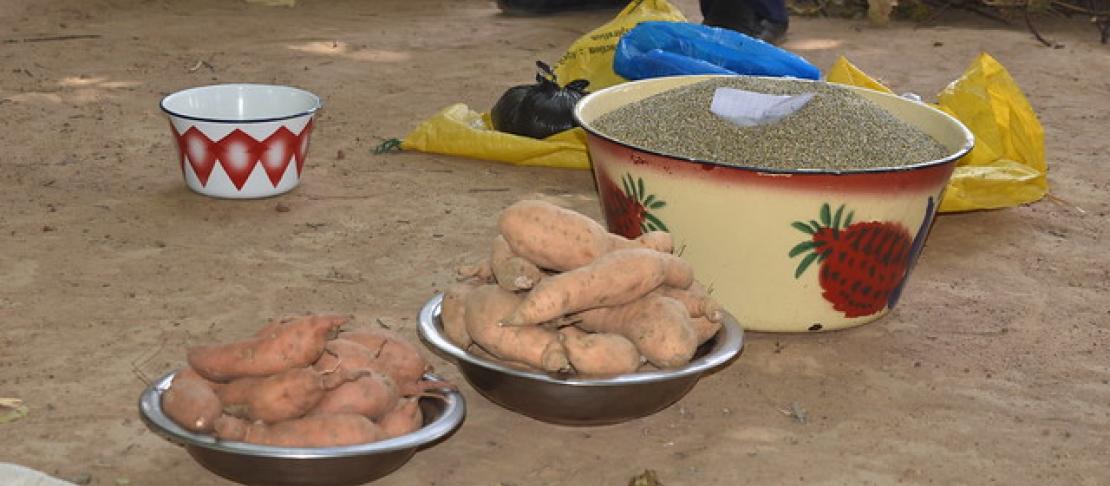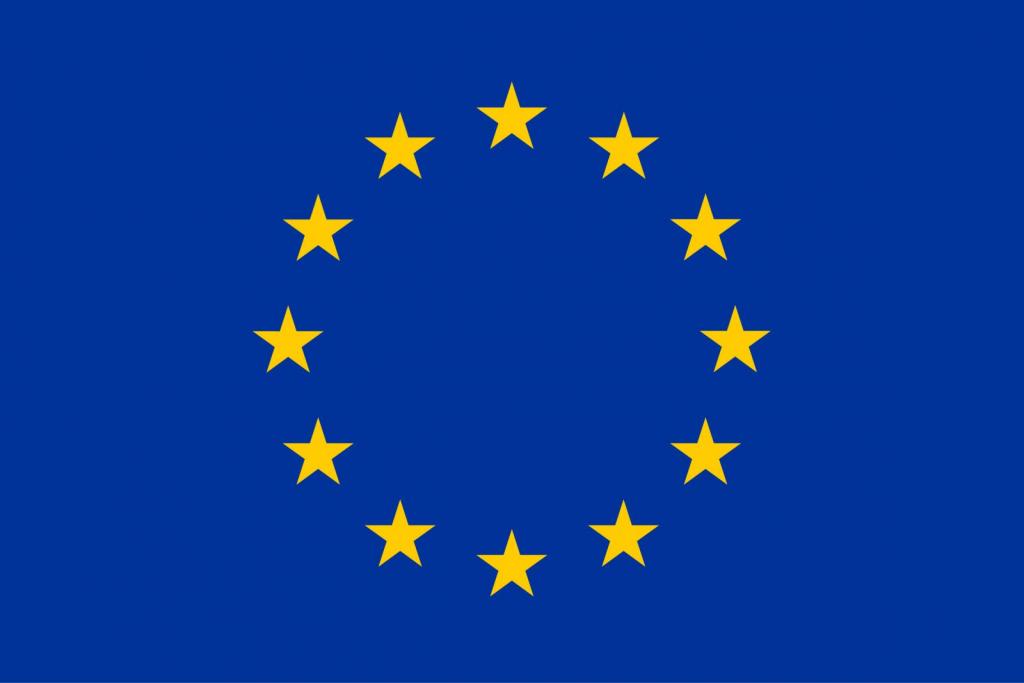EU project: Developing climate-smart value chains and landscapes for increased resilient livelihood in West Africa

Project description
This project aims to develop climate-smart value chains and landscapes for increased resilience in Ghana, Mali, Niger and Senegal. The project is built around three main activities including :
- analysis of value chains to identify 3-5 promising climate-smart value chains including European Union, IFAD and other bilateral funded projects, to identify key players in each value chain for the development of multi-stakeholders innovation platforms, building on current initiatives where feasible, to identify bottlenecks and opportunities along the value chains and to identify the critical climate risk in the value chains to address
- mainstreaming of evidence-based climate smart agriculture (CSA) options within the selected value chains through testing CSA options through the innovation platforms and
- development of a conceptual framework for climate smart value chain analysis. The project will generate technological or institutional CSA options usable by value chain actors to enhance value chain's contribution to income and food security in West Africa
Activities
- Selection of appropriated value chains
- Analysis of selected value chains
- Mainstreaming of evidence-based CSA options within the value chains
- Development of a climate smart-value analysis framework
Partners
- International Crops Research Institute for the Semi-Arid Tropics (ICRISAT)
- Institut National de la Recherche Agronomique du Niger (INRAN)
- Institut Senegalais de Recherche Agricole (ISRA)
- Savannah Agricultural Research Institute (SARI)
- Institut d’Economie Rurale (IER)
Expected outcomes
- 50 site-specific targeted CSA options (technologies, practices and services) tested and examined for their gender implications
- 15 sub-national public/private initiatives providing access to novel financial services and supporting innovative CSA business models
- 6 million farm households receiving incentives (training, financial, programmatic, policy-related) for adopting CSA related practices and technologies that potentially reduce production risks with increased benefits for women
Gender
Mainstreaming gender into climate-smart value chain development will be crucial for generating knowledge that informs the scaling up of gender-responsive CSA technologies and policies that benefit men, women and youth. The selection of value chain to be promoted with CSA options will be based among other criteria on the ability of the value chain to increase the resilience of the poorest and most vulnerable populations associated with the targeted value chain.
More Information
For more information, please contact Dr. Robert Zougmoré (r.zougmore@cgiar.org) or Dr. Mathieu Ouedraogo (m.ouedraogo@cgiar.org)
Funding for this project is provided by:

Project Deliverables
Journal Article (peer reviewed)
Science-policy interfaces for sustainable climate-smart agriculture uptake: lessons learnt from national science-policy dialogue platforms in West Africa
Policy brief/policy note/briefing paper
Promising climate-smart value chains identified
Research workshop report
A short list of CSA technologies, practices/services with good potentials for business case identified in West Africa
Discussion paper/Working paper/White paper
Monitoring Outcome of Climate-Smart Agriculture in Kaffrine Climate Smart Village, Senegal
Presentation/Poster
Analysis of potential value chains for scaling up climate-smart agriculture in West Africa
Research workshop report
Priority value chains for the promotion of CSA in Kaffrine - Senegal
Research workshop report
Priority value chains for the promotion of CSA in Tillaberi - Niger
Research workshop report
Priority value chains for the promotion of CSA in Segou-Mali